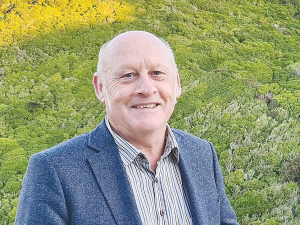Hauora Taiwhenua Rural Health Network has recently announced the "Christchurch Consensus", aimed at representing and achieving strong outcomes for rural communities and healthcare providers.
It was developed with the input of Hauora Taiwhenua members who attended September's National Rural Health Conference in Christchurch.
Hauora Taiwhenua chief executive Dr Grant Davidson describes the Christchurch Consensus as "a clear and direct presentation on where and how the health system is failing rural communities and steps we can take towards resolving it".
At September's conference, an Otago University research team presented to 400 attendees statistics showcasing that mortality rates for rural populations were 20% higher than in urban areas, with Māori outcomes over twice that of non-Māori.
The Christchurch Consensus represents the combined advice of New Zealand's rural healthcare providers about how the Government's Health Reforms can alleviate poor health outcomes in rural communities.
Detailing priorities and calls to action that target the rural workforce crisis, unacceptably poor health outcomes for rural Māori and access to and funding of services that are set up specifically for rural areas.
This includes boosting of training for a domestic healthcare workforce through a national rural health school and reviewing funding for PRIME and urgent care responses. While the Christchurch Consensus aligns with the recently released Te Pae Tata Interim Health Plan, it provides extra details and "the rural lens lacking in the Te Pae Tata report".
"The Government is in the early stages of major health reforms with the stated objectives of providing equitable health outcomes for all New Zealanders" Hauora Taiwhenua's consensus document says.
"For the first time ever, rural communities are identified as a priority population in the Pae Ora Healthy Futures Legislation."
It adds that "the time is right" to adopt new health strategies designed specifically by and for rural communities.
Stressing the collective and expert nature of the Consensus, Davidson says these were the concerns of rural health practitioners, and the solutions offered from their experience and the realities they deal with every day.
Hauora Taiwhenua has said that they are planning a full rural health group discussion in March/April 2023 to define a three-year plan.











